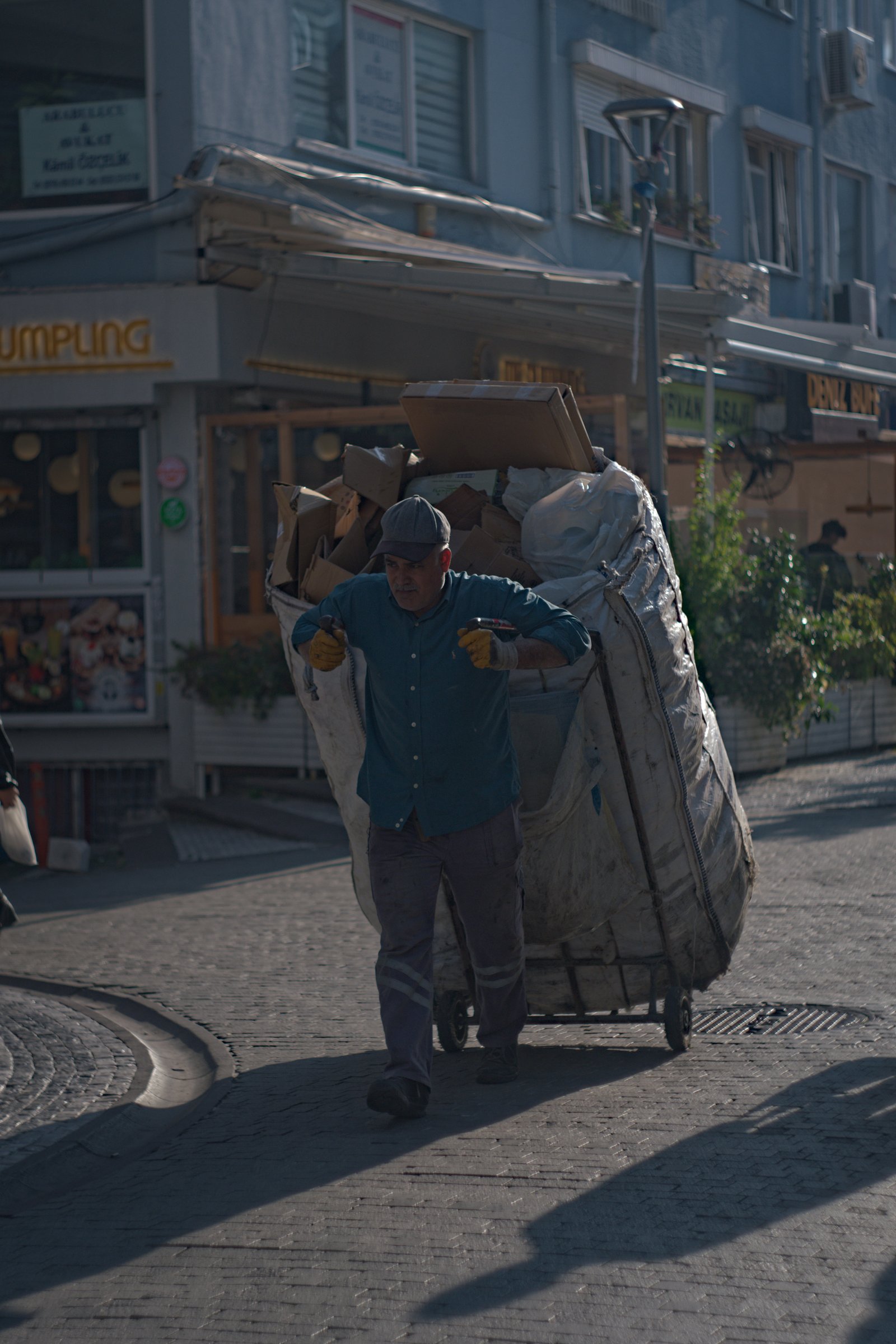When cities stop

Opening a couple of threads today, but not trying to draw any conclusions.
Cities hum along on the basis of a mind-boggling number of agreements. Formal and informal; explicit, implicit, and illicit; agreements written in law, agreements written in blood, and a whole lot of agreements that aren’t written anywhere at all. The nature of a city is laid down and built up from these agreements, agreements we rarely, if ever, consider. That’s the tacit irony of cities, “Here you can live your best independent life, because you can depend on all that other stuff just magically happening”.
Istanbul set me to wondering — as I did while living in Melbourne, as I do in any large city — about cities like this coming to a halt and how, once halted, they set about coming back to life.
The uncertainty of Covid — the lockdowns — offered up an extraordinary opportunity for looking closely at cities, at their agreements. Lifetimes could be spent looking at cities through the lens of the just-in-time logistics networks that tumbled further and further into disarray as the months passed and The Boxes1 stopped moving, and that’s just one strand of the agreements that underwrite any given metropolis.
Rose and I were living in Wellington, the capital of New Zealand, when Covid began to barge in on every agreement, everywhere in the world, all at once. From the safe little cocoon of Hataitai, we watched as a new agreement emerged — six feet apart or six feet under — as this deadly respiratory virus metamorphosed into a deadening mind virus, spreading like fire through the Black Box2, the one that waits patiently in our pockets for the moment when it can return to our hands.
Nothing shredded agreements quite like the reality of that epoch. Cities are cultures unto themselves, cultures are agreements, and agreements exist by a combination of duteous inertia and vast swathes of tacit knowledge. When that engine has been brought to a stop, people have to be reminded how the machine works. The city, having flailed a bit, regrouped, and said “hey, there has to be people living out stories here, there has to be people in these streets and in these venues, none of this makes any sense without people”. But how? Emerging from that first lockdown, social-distancing still, Wellington Council made the regional train service free for a time. Rose and I toured to the ends of each of the lines, to Waikanae and Masterton. Initially those trains were empty apart from us, but over time they filled out again, the fares were restored, and I remember thinking: this is how you restart a city.
The free fares were just one part of that. And I’m talking about The City of Wellington, sure, but really about the whole idea of cities, these great agglomerations of people, reaching out to their disoriented flock, people who, for the first time in a generation had watched the sun go down, and for a shared moment, asked, is it really going to rise again tomorrow? Like, are we sure?
-
Marc Levinson, The Box: How the Shipping Container Made the World Smaller and the World Economy Bigger, 2006, Princeton University Press↩︎
-
Jason Pargin, I’m Starting to Worry About This Black Box of Doom, 2024, St. Martin’s Press↩︎